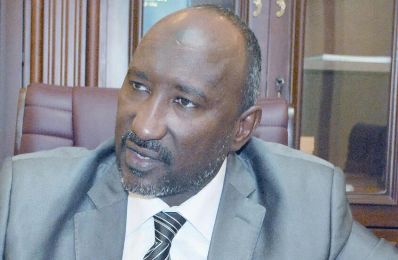Sudan’s NCP to select candidates for parliamentary election
November 28, 2014 (KHARTOUM) – The Sudanese president Omer Hassan al-Bashir on Sunday will chair a meeting of the ruling National Congress Party’s (NCP) to select the party’s parliamentary nominees for the upcoming elections.

However, the National Elections Commission (NEC) and the NCP reject any postponement to the electoral process, saying it would create a constitutional vacuum and cause chaos in the country.
The president’s meeting will be attended by the states’ governors and heads of the NCP sectors besides members of the legislative councils in the states.
The meeting will assess the party’s preparations for the upcoming election and evaluate performance of the party in the electoral registry phase besides holding Shura (consultative) colleges to select the party nominees for the next parliament.
The head of the NCP organisational sector, Abdel-Wahid Youssef, stressed the meeting seeks to assess readiness for the upcoming election, saying his party needs to prioritize its objectives according to the needs of the next political phase.
He added the meeting will also discuss the selection of the nominees for the parliamentary election, pointing the Shura colleges in each electoral constituency will select three names and submit them to the national Shura Council to name one of them as party candidate.
“This way secures a real Shura practice through which the NCP base plays important role in selecting those who seek to hold political position,” he said
The NCP controls over 90% of the 450 seats in the current parliament.
Last October, the NCP general convention endorsed Bashir’s nomination for the presidential election after he won 94.21% of the votes.
CONSTITUTIONAL AMENDEMENTS
Meanwhile, Youssef said the president’s meeting has nothing to do with the proposed constitutional amendments, stressing the latter is a pure legislative issue and the executive branch will deal with it after it has been approved in the parliament.
Earlier this month, the Sudanese presidency deposited new amendments to the 2005 transitional constitution into the national legislative body, which allows the president to appoint and dismiss state governors.
The head of parliamentary subcommittee on constitutional amendments, Badria on Sunday said the proposed amendments will also include article 61 relating to impunity of the president’s decisions besides amending the police law to allow establishment of special police courts.
(ST)
